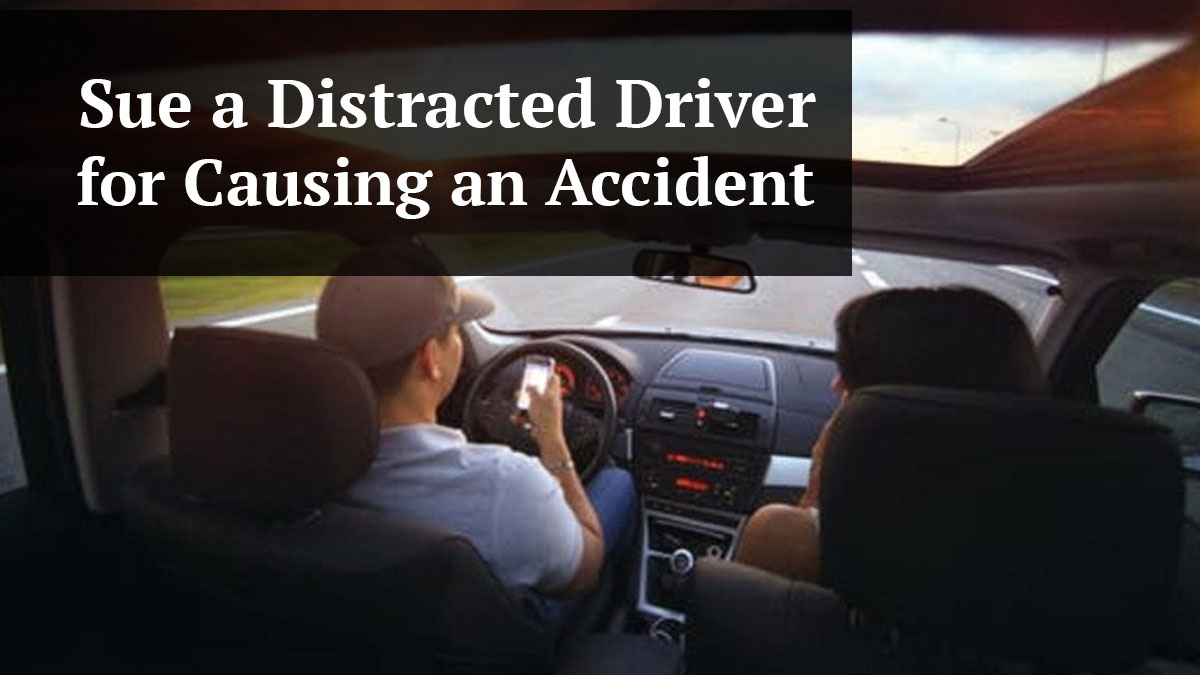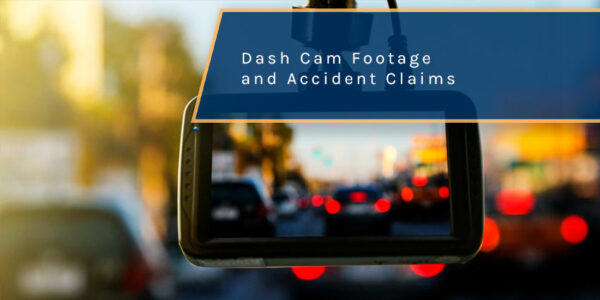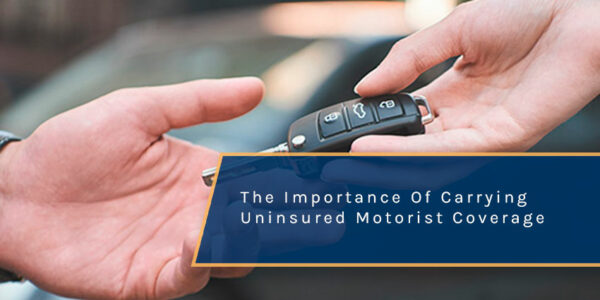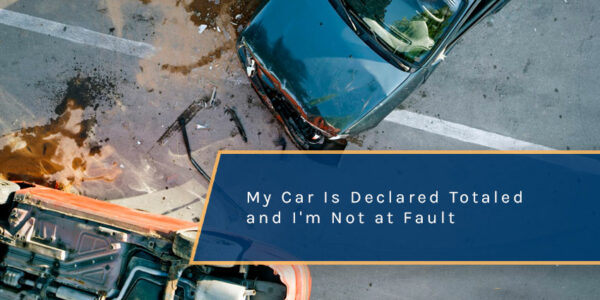
If you have been injured by a driver that you know was distracted, you should be angry. You should also be looking for an attorney who will seek to punish that person for their actions. Until Florida drivers learn that they should not be driving a vehicle while distracted, people are going to keep getting hurt.
According to the National Highway Traffic Safety Administration (NHTSA), 2,841 Americans were killed by distracted drivers in 2018. Of those figures, 1,730 were drivers, 605 were passengers, and 77 were bicyclists. Young drivers are the most likely to be guilty of distracted driving through the use of a cell phone. Another NHTSA study found that 20% of drivers aged 18-20 thought that using a cell phone had no impact on their driving. Just as alarming, 30% of drivers 21-34 said the said thing!
As a community, we need to start holding people accountable for their thoughtless behavior. One way to do that is to aggressively pursue compensation for your injuries. At St. Petersburg Personal Injury Attorneys McQuaid & Douglas, we specialize in representing people who have been injured by distracted drivers. We understand how to pull cell phone records, subpoena phone and app usage, and maximize the amount of money that you receive.
What Can You Do To Help?
But, the community as a whole needs also needs to do their part in checking this behavior. That means when an auto accident case goes to trial, jurors need to send a message that the behavior will not be tolerated. If insurance companies start getting hit with big verdicts because their insureds are distracted, they will start taking measures to curb that behavior. There are already apps available that will monitor or freeze your phone while you are driving. But, until insurance companies recognize that these apps will save them money, they won’t require the use of them. Likewise, as citizens, we can help pressure our legislature. Penalties for texting and driving or other distracted behaviors need to be increased. Additionally, there should be automatic punitive damages available for injured people to pursue in the case of a distracted driver. But, alas, in the current state, these issues are not getting the priority that they deserve.
What is Distracted Driving?
Distracted driving is a broad term used to describe anything that causes you to either take your hands off the steering wheel, causes you to not pay attention, or takes your eyes off the road. These fall into three categories: manual, cognitive, or visual. Texting is an example of something that falls into all three categories because it requires the use of hands, your eyes, and your mind. Other examples of distracted driving are:
- Talking on the phone or using the phone in any manner;
- Looking at something on the roadside;
- Reading billboards or looking at scenery;
- Distractions from passengers including children;
- Changing the radio station, adjusting the temperature, or using GPS;
- Eating or drinking while driving;
- Reading a document such as a map;
- Putting on makeup or looking in the mirror for grooming;
- Unrestrained pets;
- Being emotional, upset, or even simply daydreaming
While it is probably impossible to prevent every distraction, clearly some are worse than others. And, it is the preventable examples that should be eliminated.
What is Being Done to Stop Distracted Driving?
The Florida Legislature enacted two new laws to curb distracted driving in 2019. The first, called “Florida Ban on Texting While Driving Law” was effective as of July 1, 2019 and codified in Florida Statute § 316.305. The importance of this law was that it made texting while driving a primary offense. This means that law enforcement may stop a driver if a violation is observed, regardless as to whether there were any other traffic violations. Before this law went into effect, texting while driving was a secondary offense. This meant that a driver could only be issued a citation for texting while driving unless another violation was observed first.
This new law states that a driver may not manually type or enter letters, numbers, or symbols into a wireless communications device to text, email or instant message. A wireless communication device is defined as any handheld device capable of being able to receive or transmit messages, access or store data, connect to the internet, and allow text communications. It includes cell phones, tablets, laptops, two-way messaging devices, and electronic games.
However, there are exceptions under Fla. Stat. § 316.305. The statute does not apply to a motor vehicle operator who is:
- Performing official duties as an operator of an authorized emergency vehicle (law enforcement, fire service or emergency medical services professional).
- Reporting an emergency or criminal or suspicious activity to law enforcement authorities.
- Receiving messages that are: related to the operation or navigation of the motor vehicle; safety-related information, including emergency, traffic, or weather alerts; data used primarily by the motor vehicle; or radio broadcasts.
- Using a device or system for navigation purposes.
- Conducting wireless interpersonal communication that does not require manual entry of multiple letters, numbers, or symbols, except to activate, deactivate, or initiate a feature or function.
- Conducting wireless communication that does not require reading text messages, except to activate, deactive, or initiate a feature or function.
- Operating an autonomous vehicle in autonomous mode.
The penalties for violating this section for the first offense is a non-moving traffic violation (no points) with a base $30 fine not including court costs. For a second offense within five years of the first, it is considered a moving traffic violation (three points) with a base $60 fine not including court costs.
The second part of the law under Florida Statute § 316.306 went into effect on October 1, 2019, but did not begin to be enforced until January 1, 2020. This new law is specifically focused on wireless communication use in school and work zones. It prohibits the use of a wireless communications device in a handheld manner in both school and work zones. This means that you cannot use your phone in your hand in a designated school crossing, school zone or active work zone area. An active work zone means that construction personnel are present or operating equipment on the road or immediately adjacent to the work zone area.
Again, there are exceptions. This section does not apply to a motor vehicle operator who is:
- Performing official duties as an operator of an authorized emergency vehicle (law enforcement, fire service or emergency medical services professional).
- Reporting an emergency or criminal or suspicious activity to law enforcement authorities.
- Receiving messages that are: related to the operation or navigation of the motor vehicle; safety-related information, including emergency, traffic, or weather alerts; data used primarily by the motor vehicle; or radio broadcasts.
- Using a device or system in a hands-free manner for navigation purposes.
- Using a wireless communications device hands-free or hands-free in voice operated mode, including, but not limited to, a factory installed or after-market Bluetooth device.
- Operating an autonomous vehicle in autonomous mode.
The penalties for violating Fla. Stat. § 316.306 is a moving violation (3 points) and a base $60 fine excluding courts costs.
In addition to these new laws, The Florida Department of Transportation has also launched an educational campaign to help educate drivers. The campaign is called “Put it Down” and focuses on helping drivers:
- To understand the problem of distracted driving;
- To recognize the risks and consequences associated with distracted driving;
- To implement specific steps to help eliminate distracted driving within their families, schools, businesses or organizations;
- To keep themselves, other drivers, passengers and pedestrians safe on our roadways;
- To understand the distracted driving law in Florida.
It is obvious that efforts are being made to curtail distracted driving. Whether these efforts will even scratch the surface remains to be seen.
If You Have Been in an Accident Caused by a Distracted Driver
If you suspect that the driver who caused the accident was guilty of distracted driving in any way, make sure that you tell law enforcement about it. If the other driver admits to being distracted, it will help your case down the road. Although the police have limited options unless there is death or serious bodily injury involved in the crash, don’t hesitate to try and pressure them to investigate. If the insurance company finds out in the accident report that their insured admitted to being distracted, they will be more willing to pay more to settle the claim.
What Compensation Can I Recover?
While there is no amount of money that can ever make a person whole again after a serious accident, this is the system we must deal with. Unfortunately, no laws allow us to put a person in jail unless a crime has been committed. That being said, some egregious distracted driving may qualify as being reckless driving under Florida Statute § 316.192. If reckless driving causes serious bodily injury or death, it becomes enhanced to a felony and carries tremendous penalties.
However, in the civil court system, we are limited to recovering certain categories of damages. These damages include the value of your injury, pain and suffering, past and future medical bills, past and future lost wages, out of pocket expenses, etc.
Contact a Local Auto Accident Attorney
At St. Petersburg Personal Injury Attorneys McQuaid & Douglas, we would love to be able to sue the distracted driver who injured you. We aggressively pursue distracted driving cases and hold people accountable for putting others at risk. If you are looking for an auto accident attorney who is not afraid of anything or anyone, please contact us for a free consultation.






















